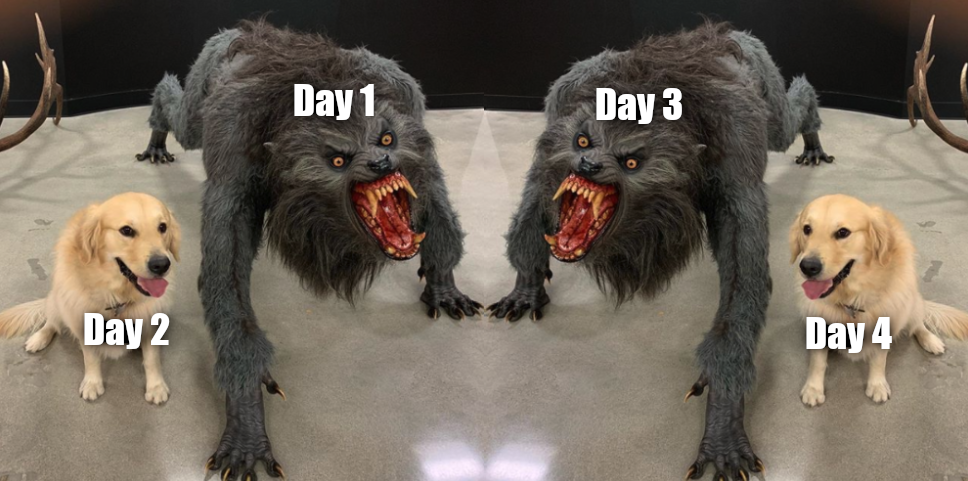this post was submitted on 04 Dec 2023
47 points (98.0% liked)
Advent Of Code
1009 readers
14 users here now
An unofficial home for the advent of code community on programming.dev!
Advent of Code is an annual Advent calendar of small programming puzzles for a variety of skill sets and skill levels that can be solved in any programming language you like.
AoC 2024
Solution Threads
| M | T | W | T | F | S | S |
|---|---|---|---|---|---|---|
| 1 | ||||||
| 2 | 3 | 4 | 5 | 6 | 7 | 8 |
| 9 | 10 | 11 | 12 | 13 | 14 | 15 |
| 16 | 17 | 18 | 19 | 20 | 21 | 22 |
| 23 | 24 | 25 |
Rules/Guidelines
- Follow the programming.dev instance rules
- Keep all content related to advent of code in some way
- If what youre posting relates to a day, put in brackets the year and then day number in front of the post title (e.g. [2024 Day 10])
- When an event is running, keep solutions in the solution megathread to avoid the community getting spammed with posts
Relevant Communities
Relevant Links
Credits
Icon base by Lorc under CC BY 3.0 with modifications to add a gradient
console.log('Hello World')
founded 2 years ago
MODERATORS
you are viewing a single comment's thread
view the rest of the comments
view the rest of the comments

Python's
realso only supports non-overlapping matches and only one direction, so what I did wasspoiler
I looked for the first digit/word using the regex. Then for the last digit/word, I inverted the string and the regex (so I was matching the words eno, owt, eerht, etc.) and took the first occurence, and inverted that in case it was a word, and then I had my last digit. I just had to pay attention to only include the|\dafter inverting the regex, sinced\|is not right.Oh, nice.
I just replaced those compounded words with their non-overlapping counterparts.
Oh, cool, I did pretty much the same thing, just finding the words manually instead (didn’t want to use any external libraries, so I just wrote a function to search for me. Haskell doesn’t have much for OOT B functionality).